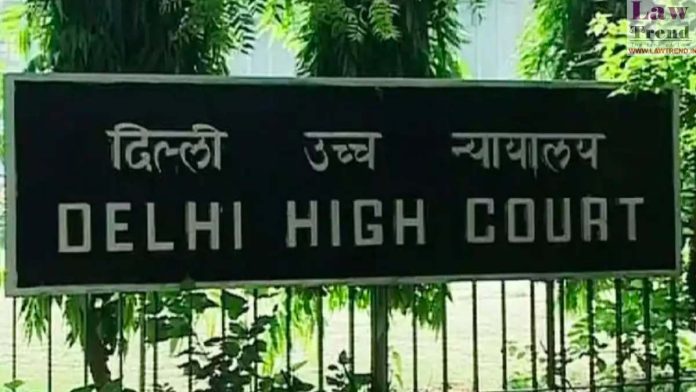The Delhi High Court has directed the Centre to treat as representation a plea urging the linking of both immovable and movable property documents with citizens’ Aadhaar numbers. The court emphasised that such matters involve policy decisions and the judiciary cannot dictate government actions.
A bench comprising Justices Rajiv Shakdher and Girish Kathpalia specified that the government should address the representation within a period of three months. The petition, filed by lawyer Ashwini Kumar Upadhyay, contends that linking property with Aadhaar would combat corruption, black money generation, and ‘benami’ transactions.
Justice Shakdher remarked, ‘How the courts can get into all this. These are policy decisions, how the courts can tell them to do this. Prima facie, what I don’t understand is that these are the areas we don’t have the complete picture or data, what are the various aspects that may emerge… Best is to let them treat it as a representation and let them decide.’
Upadhyay’s petition stresses the state’s duty to combat corruption and confiscate ‘benami’ properties acquired through illegal means. The court had previously granted time to the ministries of Finance, Law, Housing and Urban Affairs, and Rural Development to submit their responses to the petition.
According to the petition, linking property with Aadhaar could result in a two percent increase in annual growth and cleanse the electoral process dominated by black money and benami transactions. It also argues that ‘benami’ transactions in high-denomination currency contribute to illegal activities such as terrorism, naxalism, gambling, and money laundering.
The petition suggests that linking movable and immovable properties with the owner’s Aadhaar number could significantly curb these issues. However, an affidavit filed by the Delhi government in 2019 clarified that while Aadhaar is accepted as proof of identity for property registration and land mutation, it remains optional, and there is no mandatory provision in the law requiring it.



